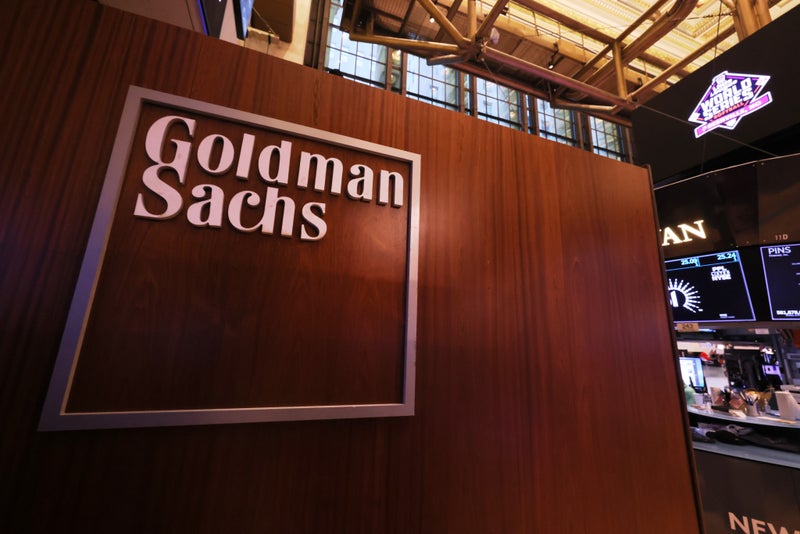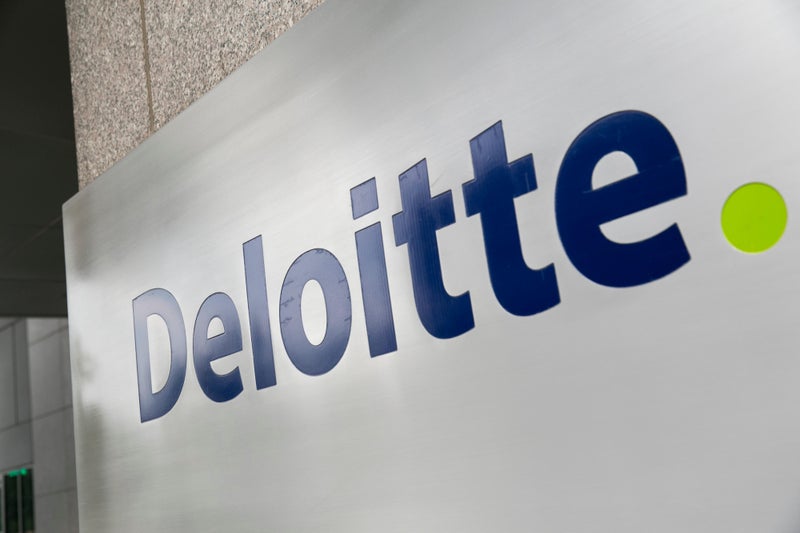Many large US corporates including Google, Amazon and Walmart have scaled back DEI after Trump push within government. Last month Donald Trump signed a slew of executive orders overturning diversity, equity and inclusion (DEI) programmes in the federal government, in a backlash against measures to help underrepresented groups. Since then, many large US corporates have followed suit and announced they are dropping or overhauling policies or schemes. Here we examine what has changed and how far the rollback might go.
![[a laptop with goldman sachs name on the screen]](https://i.guim.co.uk/img/media/b28cb60cab7f304790587212f303833d7fb7a55e/0_161_4823_2893/master/4823.jpg?width=445&dpr=1&s=none&crop=none)
So far, the most prominent names to announce changes are from the US finance and tech sectors. This week, the bank Goldman Sachs scrapped a policy that stipulated it would only take on a company’s initial public offering if it had at least one board member from a diverse background. The consultancy firm Accenture said last weekend it was ending the global diversity and inclusion goals it set in 2017, along with career development programmes for “people of specific demographic groups”. Earlier this month, Google said it was reviewing some diversity initiatives and scrapping a goal to hire more employees from historically underrepresented groups, and has since removed references to events including Black History Month, LGBTQ+ Pride and Women’s History Month from its online and mobile calendars.
![[a man holds a circle of variously coloured paper cutouts of people]](https://i.guim.co.uk/img/media/049c487bfcbba0adc3f4d597376d4390bc0a4be2/0_39_8975_5388/master/8975.jpg?width=445&dpr=1&s=none&crop=none)
No, rightwing campaigners have been pushing for some time for organisations to scrap the more inclusive policies that were created in response to the protests after the police killing of George Floyd in 2020, claiming they result in “reverse discrimination”. Those efforts moved up a gear after a US supreme court ruling in 2023 that banned affirmative action in university admissions decisions, prompting Conservative groups to launch a wave of legal action against companies over their diversity programmes.
Last year, Wall Street banks became some of the first companies to publicly distance themselves from diversity initiatives, including Bank of America and Goldman Sachs, opening up the diversity programmes previously aimed only at people from ethnic minorities. The change gathered pace after Trump’s election in November, with a swathe of firms dropping DEI in the run-up to the president’s inauguration on 20 January, including Walmart, McDonald’s, Ford, Amazon and Meta, which also overhauled its content moderation to remove restrictions on topics such as gender and immigration.
So far the main impact of the changes in Britain have been on users of Silicon Valley-based tech and social media platforms. The policy changes have also prompted some splits within organisations that operate in both countries, as their US and UK arms follow different paths. This week, the consultancy and accounting firm Deloitte instructed staff working on contracts for the US government to remove pronouns from their emails, while also announcing the end of its DEI programme.
However, the boss of Deloitte UK informed staff its British operations would remain “committed to [its] diversity goals”. A memo from Richard Houston said changing government priorities in the US would not change its “commitment to building an inclusive culture” at its UK arm. Employment lawyers have warned that if companies embrace the Trumpian trend they could open themselves up to legal risk in the UK. British companies have “always had a merit-based approach” for hiring employees, as affirmative action does not apply, said Lucy Lewis, a partner at the law firm Lewis Silkin.
However, she warned that “it is a big unknown if the federal government will require contractors who they are working with to go further and row back on diversity and inclusion in other ways”, which could create problems when working with some US firms. UK employers will continue to be required by law to report on certain diversity metrics, such as the requirement to disclose the representation of women and ethnic minorities on the board and in the executive teams of listed companies.
Companies which announce changes to diversity schemes may also find it harder to recruit younger staff, according to multiple surveys of workers belonging to Gen Z – born between 1997 and 2012 – which have highlighted their desire to work for organisations that align with their values. “They only want to join companies which they see pay attention to these issues,” said Pavita Cooper, UK chair of the 30% Club, which campaigns globally to boost the number of women in boardrooms and in the leadership of companies. “The war for the very best talent has not gone away, and this is what matters to them.”.
Trade unions oppose the shift but are concerned that international companies may follow US policies, even within their UK businesses. The GMB union said it was worried that “multinational companies will bring a rightwing, regressive, anti-worker approach to their UK operations”, said Eleanor Saunders, GMB’s equality and inclusion organiser. “Employer diversity initiatives often don’t push hard enough against the causes of workplace discrimination, bias and harassment,” Saunders said. “But they are essential for employers to meet their legal obligations and to go beyond the bare minimum to make work accessible, fair and rewarding for all.”.































